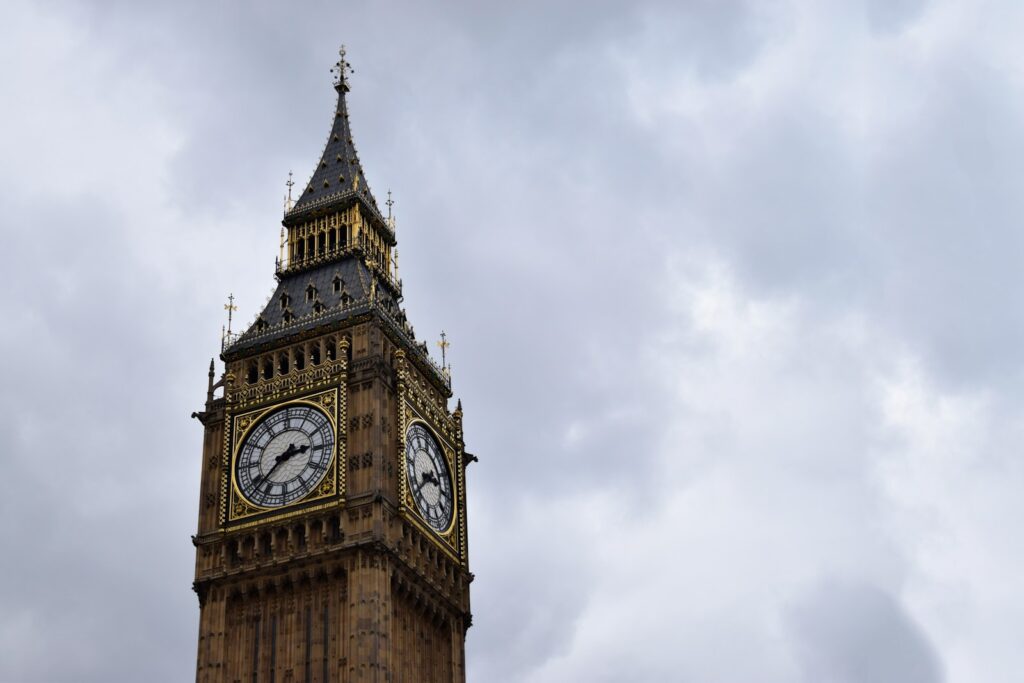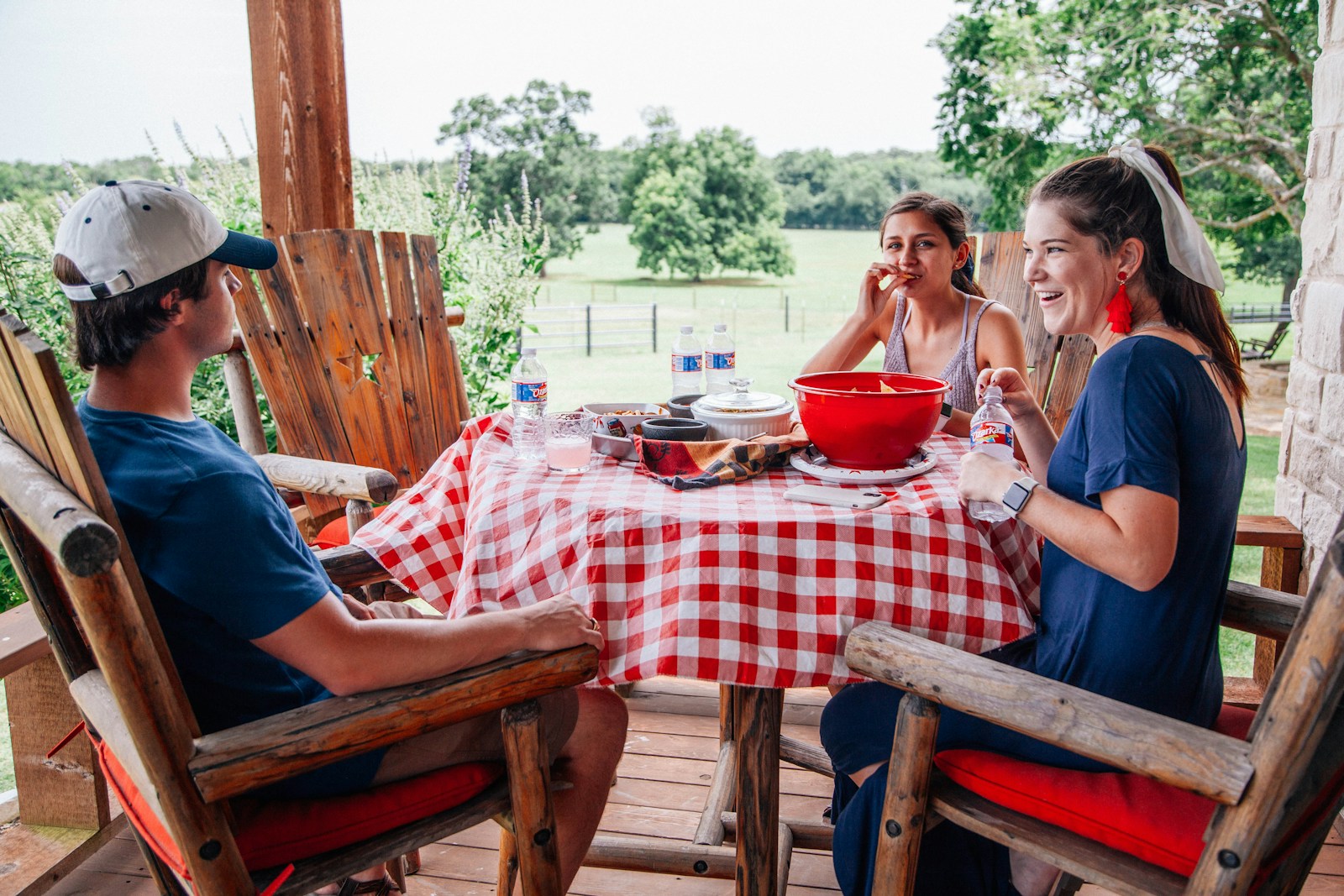Venturing to England soon? Besides the iconic landmarks and rich history, there’s another captivating facet of this country that often goes unnoticed by tourists—its diverse array of dialects. Exploring these regional languages can transform a simple trip into an enchanting adventure. This blog post is your guide to navigating the intriguing world of English dialects, equipping you with a lexicon of uncommon words and practical tips to maximally enrich your travel experience.
The Charm of English Dialects
Traveling to England is a voyage through a tapestry of languages woven across historical and cultural landscapes. From the rolling hills of Yorkshire to the bustling streets of London, each region boasts its distinct dialect, offering not just words but stories. These dialects add color to daily interactions, infusing conversations with a sense of identity and belonging. For language learners and tourists alike, understanding these dialects is key to unlocking an authentic English experience.
Language has always been an integral part of culture, shaping how we perceive and interact with the world. In England, dialects are more than mere variations in speech; they are cultural markers that reflect centuries of history and tradition. As a traveler and language enthusiast, familiarizing yourself with these dialects will give you a deeper appreciation of the places you visit and the people you meet.
Expect to discover not just new words, but also new perspectives. We’ll introduce you to a range of dialects, unique words, and useful phrases. You’ll learn how these dialects impact travel experiences and how you can engage with locals to enhance both your linguistic skills and cultural understanding.
Exploring England A Linguistic Journey
Overview of England’s Regional Differences in Dialects
England is a mosaic of regions, each with its own linguistic charm. The north is known for its broad accents and rich vocabulary, while the south offers smoother, more clipped tones. From the lilting cadence of the West Country to the distinctive twang of Scouse in Liverpool, England’s dialects are a testament to its diverse cultural heritage.
Dialects are more than just a collection of sounds; they are reflections of history, geography, and social dynamics. In the north, you’ll find influences from Viking settlers, while the southwest retains echoes of Celtic languages. Understanding these regional differences not only helps in communication but also provides insight into the historical threads that have shaped modern England.
When exploring England, take note of the subtle differences in pronunciation and vocabulary. A simple greeting or question can sound vastly different from one county to the next, offering delightful surprises at every turn. By paying attention to these details, you’ll gain an appreciation for the linguistic richness that defines England.
Iconic Locations and the Dialects Spoken There
Everywhere you go in England, you’re bound to encounter a new accent or dialect. In London, you’ll hear the vibrant mix of Cockney rhymes and multicultural influences. Head to Newcastle, and you’ll be greeted by the melodic tones of Geordie. Exploring the rolling hills of Yorkshire? Prepare to decipher the charmingly rugged Yorkshire accent.
Each location offers a unique linguistic experience, adding depth to your travels. Whether you’re exploring the charming villages of Devon or the bustling streets of Manchester, the dialects spoken there serve as a gateway to understanding the local way of life. They provide context to the people, their customs, and their history.
Immerse yourself in these environments by engaging with locals and listening to their speech. It’s an opportunity to learn firsthand about the stories and traditions that make each region unique. Whether you’re sharing a pint in a local pub or navigating the stalls of a bustling market, the dialects you’ll encounter will enrich your understanding of England.
Personal Experiences of Interacting with Locals
There’s nothing quite like the joy of connecting with locals through their dialect. On my recent trip to Cornwall, I was met with a warm “Geddon” (hello) from a friendly shopkeeper. In Yorkshire, I learned not to be startled when someone affectionately called me “love.” These interactions created memories far more vivid than any postcard could capture.
Engaging with locals through their dialects opens doors to authentic experiences. It allows you to step beyond the role of a tourist and become an active participant in the cultural tapestry of the region. The warmth and hospitality you receive from locals are often amplified when you make an effort to understand and appreciate their unique way of speaking.
Don’t be afraid to ask questions or seek clarification if you don’t understand something. Most locals are more than happy to share the nuances of their dialect, and in doing so, you’ll forge connections that transcend language barriers. These moments of genuine interaction can leave a lasting impact on both you and the people you meet.
Words to Remember A Lexicon of Uncommon English Words
Compilation of Unique Words from Different Dialects
English dialects are treasure troves of unique words that you won’t find in standard dictionaries. In Lancashire, you might hear “owt” for anything and “nowt” for nothing. Travel to the East Midlands, and you’ll encounter “jitty,” a term for a narrow passageway. Each word carries a piece of history, reflecting the region’s culture and people.
Exploring these dialect-specific words is like embarking on a linguistic treasure hunt. They offer glimpses into the everyday lives of the people who use them and provide a sense of place that goes beyond geographic boundaries. Learning these words can enhance your interactions with locals and deepen your appreciation for the region’s unique character.
Challenge yourself to collect these words as you travel. Keep a small notebook handy to jot down interesting words you come across, and don’t hesitate to use them in conversation. Not only will this enrich your vocabulary, but it will also demonstrate your genuine interest in the culture and language of England.
Definitions and Origins of the Words
Understanding the meanings and origins of these words is key to using them effectively. Take “blather” from the Scottish Borders—a term for chatter or gossip. Its roots lie in Old Norse, reflecting the influence of Viking settlers. Similarly, “bap,” a word for a bread roll in Northern England, has Celtic origins, highlighting the region’s historical connections.
Exploring the etymology of these dialect words unveils fascinating stories of cultural exchange and evolution. Many words have been borrowed from other languages or adapted over time, reflecting the dynamic nature of language itself. By understanding the origins of these words, you gain a deeper appreciation for the rich tapestry of influences that have shaped English dialects.
Incorporating these words into your vocabulary not only enriches your language skills but also allows you to communicate more effectively with locals. It demonstrates respect for their linguistic heritage and fosters a sense of connection between you and the communities you encounter on your travels.
Practical Tips on How to Use Them in Conversation
Using dialect words in conversation requires sensitivity and context. Start with simple greetings or expressions like “ta” for thank you or “cheerio” for goodbye. Gradually incorporate more complex phrases as you become comfortable. Remember, it’s not about imitating but appreciating—locals will appreciate your genuine effort.
When incorporating dialect words into your conversations, pay attention to the context and the people you’re speaking with. Some words may be specific to certain regions or social settings, so it’s important to use them appropriately. Observing how locals use these words can provide valuable insights into their correct usage.
Practice makes perfect. Don’t be discouraged if you stumble over words at first; it’s all part of the learning process. The more you engage with locals and immerse yourself in their dialect, the more natural it will become. Over time, you’ll find yourself seamlessly weaving these words into your conversations, adding depth and authenticity to your interactions.
The Impact of Dialects on Travel and Culture
Understanding Local Dialects for More Immersive Travel Experiences
Diving into the local dialects enriches your travel experience, transforming it from a mere visit to an immersive cultural exploration. Conversations become more meaningful, and you’re better equipped to understand the nuances of local life. Whether it’s understanding the humor in a Yorkshire pub or following directions in a Cornish village, being attuned to dialects opens doors to authentic experiences.
By understanding local dialects, you gain a deeper appreciation for the cultural fabric of the places you visit. It allows you to connect with locals on a more personal level, forging bonds that transcend language barriers. The stories and anecdotes shared by locals become more vivid when you can understand the nuances of their speech.
Language is a gateway to culture, and dialects are the keys that unlock its hidden depths. When you engage with the local language, you gain insights into the traditions, beliefs, and values of the community. This enriches your travel experience, allowing you to connect with the heart and soul of the places you visit.
The Preservation of Dialects and Their Cultural Significance
Dialects are living artifacts of history, and preserving them is vital for maintaining cultural diversity. By learning and using dialect words, travelers contribute to their preservation. Each word spoken is a nod to generations past, ensuring that these linguistic treasures continue to thrive in the modern world.
The preservation of dialects is essential for safeguarding cultural heritage. They serve as repositories of history, capturing the linguistic evolution and cultural exchange that have occurred over centuries. By actively engaging with dialects, travelers play a crucial role in keeping these linguistic traditions alive for future generations.
Beyond their linguistic significance, dialects hold cultural value. They reflect the unique identity of a region and its people, embodying the stories, traditions, and values that have shaped their way of life. By appreciating and preserving dialects, we honor the rich tapestry of human history and ensure that future generations can continue to explore and celebrate these linguistic treasures.
Tips for Language Learners and Tourists
Advice on Learning Local Dialect Words Before Visiting
Preparing to visit England? Consider familiarizing yourself with the local dialect words before you go. Online resources and language apps offer a treasure trove of information. Start with common phrases and gradually expand your repertoire. By learning even a few words, you’ll be rewarded with smiles and warmer interactions.
Start by researching the specific dialects of the regions you plan to visit. Online forums, language apps, and travel guides can provide valuable insights into the local language. Focus on learning basic greetings, common expressions, and essential vocabulary that will help you engage with locals and navigate your surroundings.
Practice your newfound vocabulary before your trip to build confidence. Listen to audio recordings, watch videos, and engage with native speakers to improve your pronunciation and comprehension. The more you practice, the more comfortable you’ll feel using these words in real-life situations, enhancing your travel experience.
How to Engage with Locals to Enrich Language Skills
Engaging with locals is the best way to improve your language skills. Strike up conversations in markets, cafes, or pubs. Express interest in their dialect and ask them to explain unfamiliar words. Most importantly, listen actively and be open to learning. The locals will appreciate your efforts and happily share their linguistic treasures.
When interacting with locals, approach conversations with curiosity and respect. Show genuine interest in their dialect and ask questions to learn more about the words and phrases they use. Locals are often eager to share their language and culture, and by demonstrating your willingness to learn, you’ll create opportunities for meaningful connections.
Immerse yourself in the local environment by participating in cultural activities and events. Attend language exchange meetups, join guided tours, or take part in community workshops to engage with locals and practice your language skills in real-life settings. These experiences will not only enhance your language proficiency but also deepen your understanding of the local culture.
Apps and Resources for Learning Dialects
Technology is your ally on this linguistic adventure. Apps like Duolingo and Memrise offer courses in regional dialects, while YouTube hosts channels dedicated to teaching these unique languages. Pair these tools with podcasts and audiobooks to immerse yourself in the sounds and rhythms of English dialects.
Online resources and language apps provide convenient and accessible ways to learn dialects. Explore platforms like Duolingo and Memrise, which offer interactive lessons focused on regional languages. These apps provide a structured learning experience, helping you build vocabulary and improve pronunciation through engaging exercises and quizzes.
Don’t forget the wealth of resources available on YouTube and podcast platforms. Many creators produce content dedicated to teaching and exploring English dialects. From instructional videos to immersive storytelling, these resources allow you to experience the language in action, exposing you to authentic accents, expressions, and cultural contexts.
Conclusion
Encouragement for Travelers to Explore Beyond the Tourist Spots
Your visit to England is an invitation to explore more than just the well-trodden tourist paths. Seek out the hidden gems, engage with locals, and immerse yourself in the dialects that define each region. By doing so, you’ll uncover the true essence of England, discovering stories and experiences that go beyond guidebooks and postcards.
While iconic landmarks and attractions have their allure, the true magic of travel lies in connecting with people and immersing yourself in their world. Venture off the beaten path to discover the lesser-known neighborhoods, markets, and cultural hubs where the heart of a community resides. Here, you’ll find the dialects that breathe life into the local culture.
By taking the time to explore beyond the surface, you’ll create memories that last a lifetime. You’ll encounter the warmth and hospitality of locals, hear firsthand accounts of history and tradition, and gain a deeper appreciation for the diversity that defines England. Your willingness to engage with the local language will open doors to authentic experiences and meaningful connections.
The Value of Language and Dialect Learning in Cultural Exchange
Language is a bridge that connects people from different backgrounds. By learning and appreciating dialects, you engage in cultural exchange at its finest. This exchange fosters understanding, empathy, and respect—values that transcend borders and enrich the human experience.
Language and dialects are powerful tools for cultural exchange, breaking down barriers and fostering connections between people. They offer a window into the unique perspectives, traditions, and values of a community, allowing for deeper understanding and appreciation. By engaging with dialects, you become part of a global dialogue that celebrates diversity and promotes mutual respect.
Through language learning, you contribute to the preservation of cultural heritage, ensuring that dialects continue to thrive in an increasingly interconnected world. By valuing and promoting linguistic diversity, you play a vital role in building a more inclusive and harmonious society, where everyone is celebrated for their unique contributions.
Call to Action for Readers to Share Their Own Dialect Stories and Experiences
Now it’s your turn to join the conversation. Share your own dialect stories and experiences with fellow travelers and language enthusiasts. Whether it’s a funny encounter or a meaningful exchange, your tales contribute to the rich tapestry of cultural exploration.
We’d love to hear from you! Share your experiences with local dialects, the words you’ve learned, and the connections you’ve made. Your stories inspire others to explore the world with curiosity and open-mindedness. Let’s celebrate the beauty and diversity of English dialects together, creating a vibrant community of language enthusiasts and cultural explorers.
Join the conversation on our social media platforms, where fellow travelers share their favorite dialect words, anecdotes, and tips for language learning. Together, we can continue to explore the fascinating world of English dialects and build a global community united by a love for language and culture.




























